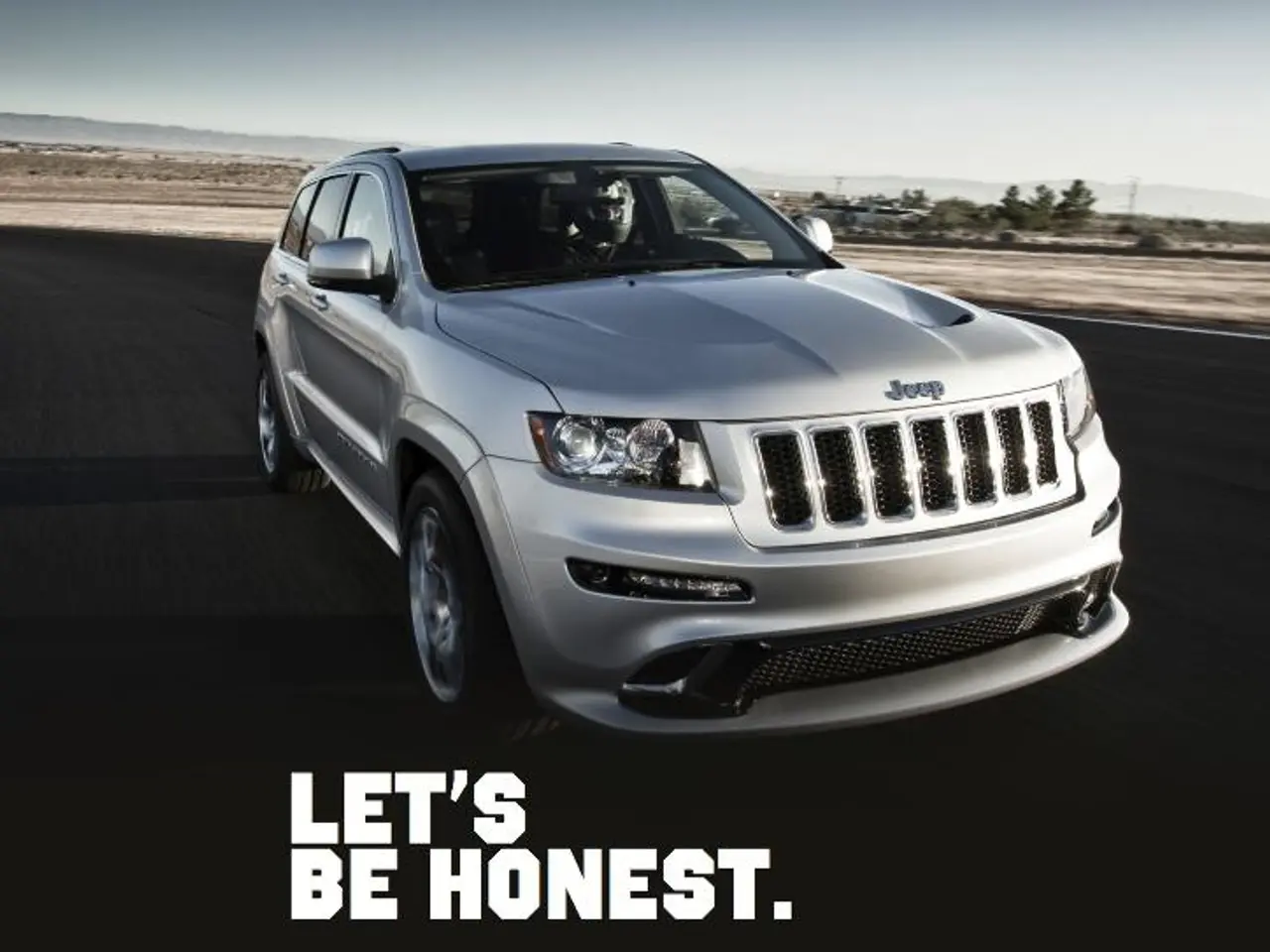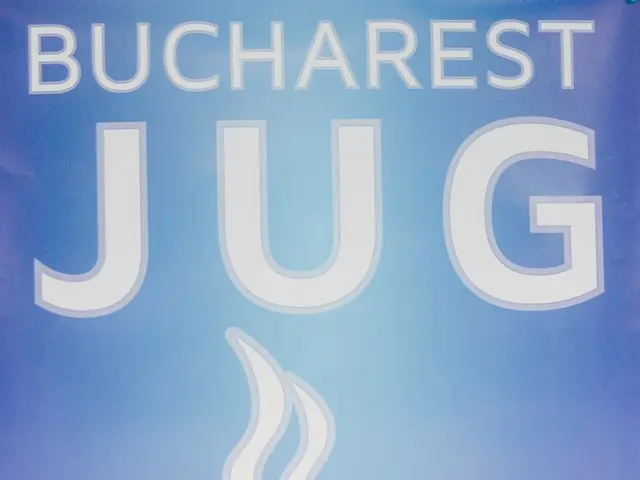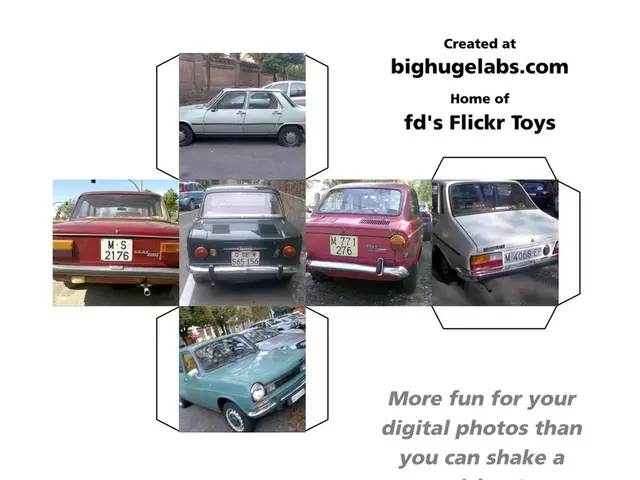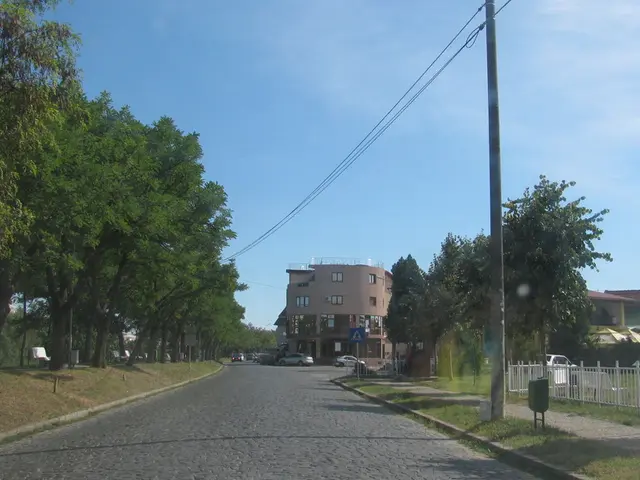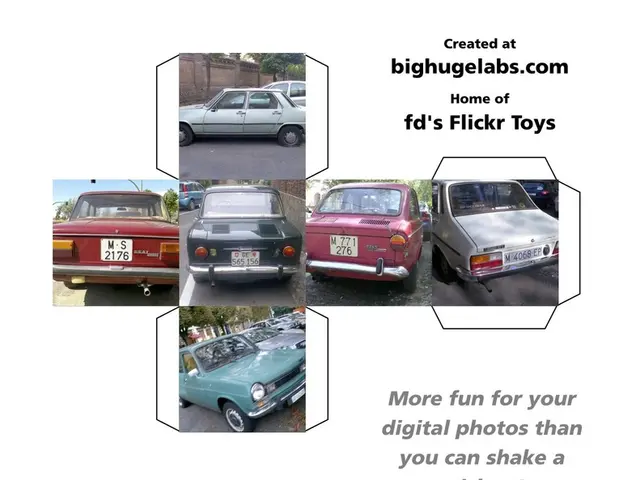Week 44/24 Update on Tesla: Larger Battery for Model 3, FSD strategies, legal battles over green energy, and a new record at BYD
In the rapidly evolving electric vehicle (EV) market, Tesla continues to lead the charge, but competitors are hot on its heels. Here's a rundown of recent developments with Tesla and its main competitor, BYD, in Europe and China.
A survey conducted by IG Metall union among Tesla employees at the Gigafactory Gruenheide revealed that 83% often or very often feel overwhelmed. Despite this, the company has made significant strides in software updates. Tesla has shipped end-to-end highway autonomy software to around 50,000 customers with v12.5.6.1. However, the company's Full Self-Driving (FSD) software did not meet interim targets published on X for parking and reversing autonomously, and a wide distribution of FSD V13.3 is now aiming for a release by the end of November.
Regarding batteries, a new CATL battery with a net capacity of around 4% higher than previous options has been approved for use in the base versions of the Tesla Model 3 and Model Y in Europe. The base version of the Model Y in Europe may also receive this new battery, providing a potential boost in range and performance. Interestingly, the base battery for the Tesla Model 3 and Model Y in Europe is likely to remain LFP batteries, as the use of the newer LMFP chemistry is unlikely.
BYD, a Chinese EV manufacturer, has been making impressive strides. In October, BYD's sales exceeded 500,000 units for the first time, with nearly 190,000 of those being battery-only vehicles. Projections suggest that BYD could sell more pure electric vehicles than Tesla in Q4 of 2024, with estimated sales of 570,000 compared to Tesla's targeted 515,000. Furthermore, BYD's revenue for Q3 was higher than Tesla's for the first time, at $28.2 billion compared to Tesla's $25.9 billion.
Tesla, however, is not resting on its laurels. The company indicated in its Q3 conference that it wants to slightly exceed its 2023 sales in 2024. Tesla is also planning to bring the North American "actually smart summon" function to Europe and China, although the timeline is not specified.
In terms of staffing, permanent increase in staffing in Gruenheide could provide relief. 500 temporary workers have been permanently hired as of November. However, only one in ten Tesla employees in the Gigafactory Gruenheide thinks they can keep up the job until retirement.
Advances in China regarding the implementation of FSD are promising, but it looks less promising for Europe as automatic maneuvers in European cities might not be allowed until 2028. The FSD package is expected to be available in Europe and China in the first quarter of 2025, if regulatory conditions allow.
Lastly, a new Cybertruck build that improves responsiveness has been successful. The survey was participated by 1,207 Tesla employees, representing about 10% of the current workforce. Tesla did not initially respond to a request for comment on the survey results.
In conclusion, while Tesla remains the leader in the EV market, Chinese competitors like BYD are rapidly gaining market share, especially in China and Europe. The race to fully autonomous driving and the development of more efficient batteries continue to be key areas of focus for both Tesla and BYD.
Read also:
- Police Intercept Two Unauthorized Truck Drivers: Non-License Holder Picks Up Another, Both Vehicles Have severe Defects in Moers
- In a move to combat pollution, Lagos – notoriously among the world's dirtiest cities – has implemented a ban on single-use plastics. However, the execution of this decree might not be a simple task.
- The question at hand explores whether the practice of Lean, a methodology emphasizing efficiency and minimizing waste, adversely impacts Craftsmanship, traditionally valued for its emphasis on quality, skill, and artistry.
- MDI commences operation in Dermbach on September 25, 25th
